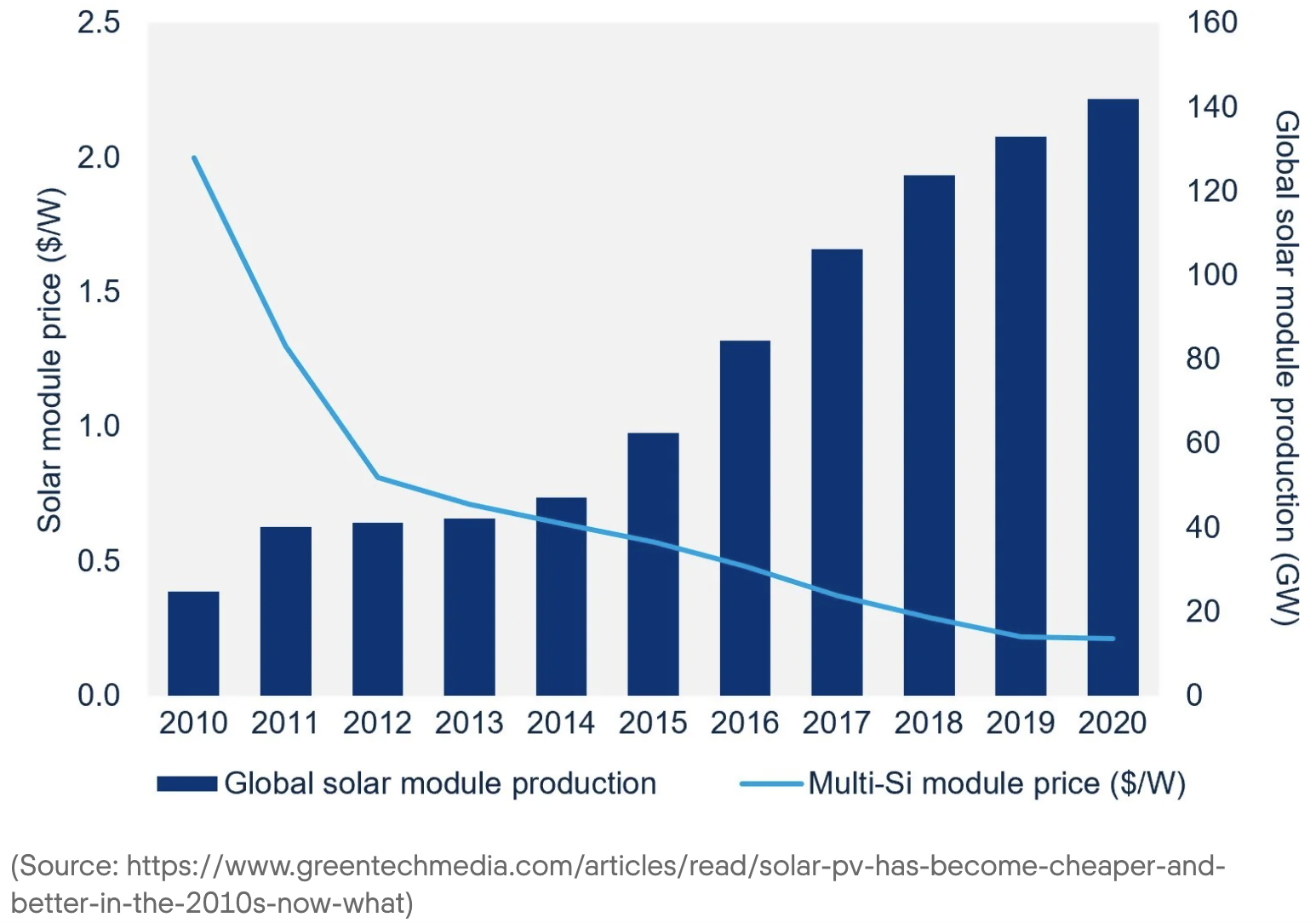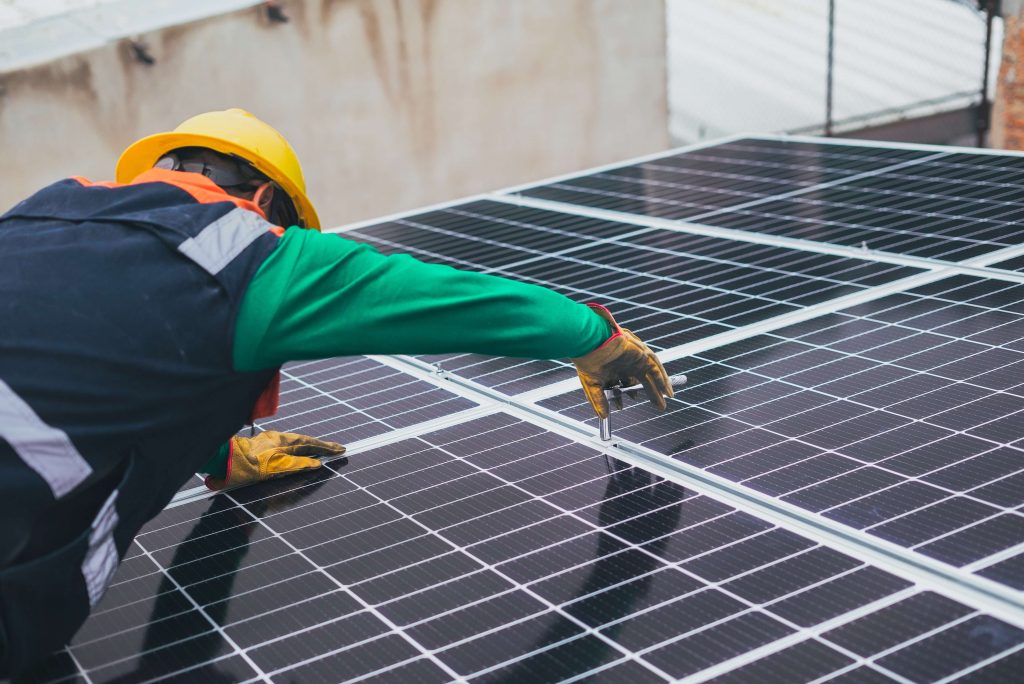
There are many benefits to installing solar panels in your home. These include the cost, the benefits and tax credits. However, it is important to note that installing solar panels can also result in some maintenance costs. These costs should be considered before you buy your panels. This article will cover all of these benefits in detail. You will discover the many benefits that solar panels can bring to your home. Read on to find out if solar panels are right for you!
Cost of installing solar panels
Depending on how big your home is and how much energy you use, the cost of installing solar panel panels will vary. The amount that you save depends on several factors including the size of the solar panel array, your roof condition, and the electricity rate. The savings you will see after the installation is complete will make it worth the effort. Here's how to calculate the cost of installing solar panel on your home. The first step in estimating how much you pay for electricity each month is to calculate the cost of solar panels.
Calculate the average electricity cost in your area to calculate how much you will save the first year. If your solar array has a lifespan of about 25 years, you'll probably find that you'll see a return on investment in as little as two years. However, you will need to take into account inflation in utility costs. In order to calculate the total cost, consider that the average electric bill will increase by 2.2% per year.

Tax credits
For solar panels installed in your home, the government provides a tax credit. This credit can reduce your total system cost by between forty and seventy percent depending on the number you purchase. There are limits to this credit. This credit can only be used if you have a tax liability of at least $800. To cover the cost for installing solar panels, you might consider getting a loan.
There are two types if tax credits for solar panel: federal and state. The federal credit is 10% of the price of your equipment. You can get a credit of up to $300 for installing solar panels in your house. You can claim the credit in your individual tax returns. Although there is not a specific documentation requirement, it is advisable to keep all receipts in case the IRS audits you. These credits can be used on both new or existing systems.
Return on investment
Calculating the cost of solar panels and the annual benefits such as reduced electricity costs, will determine the payback period. After calculating these benefits, divide the cost by the amount you paid for electricity before you installed the solar panels. An average solar system will pay for its self in about eight years. Click here to determine if there is enough sunshine in your area. A typical solar-electric system in Charleston, S.C. costs $13,000. Government incentives cover between 30 and 65 percent of this price. You can expect to see a ROI of $20 or greater in eight years.
Solar panels not only produce clean energy but also generate electricity which can help you save money each month. These systems can be used even during the day, when you don't need electricity from the grid. This will allow for you to decrease your dependence on the grid. It may also give you an opportunity to live off-grid if there aren't incentives in your area. To capture the benefits of solar panels or other home energy technologies, a simple payback period will not suffice.

Maintenance costs
Although most solar panels do not require active maintenance for their installation, some homeowners opt to have a package that includes cleaning, inspections of the electrical system, and pest control. This service isn't as popular for residential as for commercial installations. It is only a few hundred bucks per year. You can avoid paying this additional cost by scheduling annual maintenance prior to installing the system. An annual inspection of the panels might also be included in your maintenance costs.
On average, the cost of an annual inspection for solar panels is between $150 and $180. This inspection will check for corrosion, wear, loose bolts, and cracked glass or panels. These items can be repaired, which will cost between $650 and $384 per panel. The solar panel system may need to be relocated or trimmed. Some solar service companies offer bundled warranties. Depending on how much you use of electricity each year, annual inspections and cleaning can cost anywhere from $150 to $384 per panel.